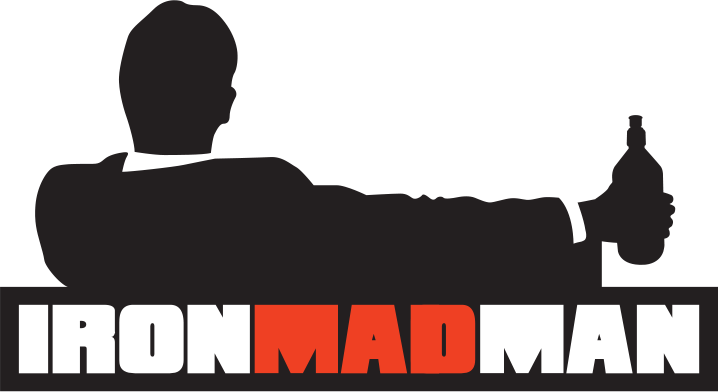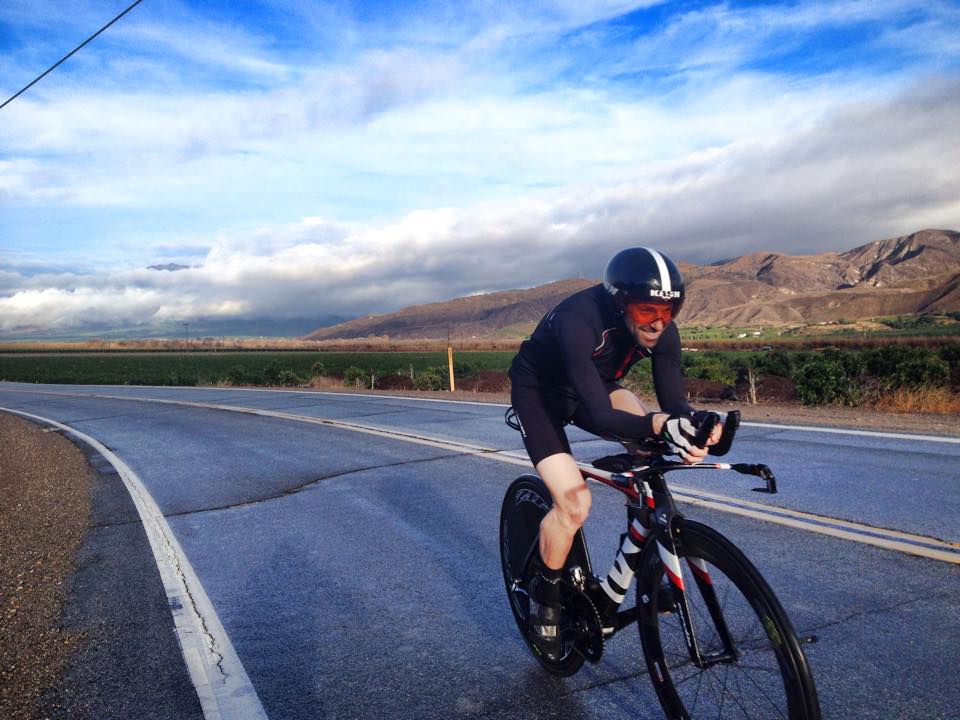5 Keys to a Successful Coach and Athlete Relationship
/I've played sports in one form or another for most of my life. In those 40-plus years, I've been exposed to all kinds of coaching styles:
- The fiery, yelling "motivating" coach
- The callous coach that cares only about winning
- The well-intentioned coach whose toxic personality self-sabotages
- The sage, no-nonsense coach whose demeanor commands respect
- The beloved cheerleading, feel-good "player's coach"
- The poker-faced coach who leaves you always wondering where you stand
Do any of these coaching styles sound familiar? (Funnily enough, replace "coach" with "boss" and see how these archetypes resonate.) Do you have a preference? It's likely we all respond to different styles, and that's OK.
Personally, I perform best when I have a coach who appreciates the effort and passion I put into each workout, and is as clearly invested in my improvement as I am. I haven't done very well with coaches who under-communicate, or who use negativity as a motivational "tool." Some people don't need feedback or positive affirmation. As an athlete in a coaching relationship, I tend to thrive on it.
I share this as context for why I believe the five factors below are vital in a successful coach-athlete relationship. You could just as easily infer that these are MY keys, MY promise to Good Wolf athletes for how I operate as a coach. I'd like to think this approach extends into my workplace too.
Here are my five key factors that contribute to a successful coach-athlete relationship:
1) Being a good interpreter. What do I mean? A good coach needs to listen intently to the athlete and understand how they communicate. Both what they say, and what they don't want to say. Is the athlete exhausted but fighting through it? Is stress high at home based on a social media post or two you caught of theirs? Are they telling you things are fine nonetheless? A great coach needs to be able to compare what they're seeing with what they're hearing and know how and when to bridge that gap. Does the athlete have the ability to accurately describe when she's tired, or hurt, or sick, or performing at her best? A good coach should be able to either look in an athlete's eyes or see patterns in workouts to determine when changes needed to be made in a program, or specific feedback is warranted.
All of this is based upon a critical principle, something my grandfather honed early in his days as an automotive repair shop owner. "Ya gotta wanna fix the car!" This was his over-riding philosophy about being a great mechanic. It works as a life statement too. A good coach or a good manager needs to be laser-focused on wanting to understand his athletes or employees as well as they think they understand themselves. Perhaps even better.
2) Being a good communicator. What good does it do if you can spot the problem, but you can't articulate it, or inspire someone to change their behavior? To be a good communicator, that sense of understanding mentioned above is vital. I try to focus on my athletes' "tells", if you will. Do they get sarcastic when feeling defensive? Will they crack jokes when they're unsure about what I'm saying? Do they nod enthusiastically when they're engaged? Does the pace of their text message responses speed up or slow down when they're stressed? Conversely, are you more or less likely to get a desired response if you reflect that behavior? Being able to tailor your communications requires that heavy lifting of getting to know your athletes very well to do so. This is why I prefer to have a relatively limited number of clients to work with -- individualized attention matters.
3) Giving honest feedback. This may be the hardest part of being a good coach. It is for me. Sometimes, a coach has to point out uncomfortable truths that are hindering performance -- whether it's a poorly performed test session, inconsistency, poor recovery and nutrition choices and more. Doing so may even extend to telling an athlete that their goals are just plain unrealistic based on the volume of "stuff" going on in their life! But this can be handled with grace, respect and love. In some instances, depending on the athlete, feedback can be delivered more bluntly. I worked with one athlete recently who told me in the beginning of our relationship that he detested bullshit and wanted feedback as directly as possible. That was hard for me at first, but I gradually learned. What helped me was knowing that this approach was best for that particular athlete. Without honest feedback, expectations between coach and athlete are not shared, and misalignment of those are the Kryptonite of a good relationship.
4) Maintaining Perspective. A sign of a good coach-athlete relationship is when both are aligned on the big picture week in and week out. There should never be undue pressure to complete a single workout, or even a small batch of workouts during a week. It's easy to get caught up in the minutiae of individual workouts, thinking that every single workout is a life-or-death training moment that will define your race. That is nowhere near the truth, just like one race doesn't define our ability as an athlete. Coaches are looking at trends and patterns. It's our job to remind the athlete that consistency is most important over the long haul, followed closely by making smart choices both in each workout and in how we recover from each workout. This mentality is at the heart of being a Good Wolf, for it also removes irrational emotion and therefore unnecessary stress from our lives.
5) Offering Support. Training for a triathlon, or long-distance events in general, can be lonely. As busy people, we're likely awake before the sun to squeeze in our workouts in the near-dark. Finding other people to train with at a consistent level is hard! It takes real commitment. It's nice when that commitment is recognized by your coach, and I believe that a little encouragement goes a long way -- especially during winter training. Here I think it's important for a coach to "walk the talk" with the athlete. Lately, I've been getting up at 5 a.m. a couple times each week to hop on my bike trainer with a client who needed a little extra encouragement to keep training after a nagging illness clipped his fitness. When you know you'll let someone else down if you don't show up, that extra incentive can be the difference between sleeping in and being proud after a well-deserved post-workout shower. This is also where being part of a team of like-minded athletes can help for mutual support.
Gerry Rodrigues at Tower 26 is an example of a great coach who connects with each of his athletes on an individual level while commanding group respect on the pool deck or at the beach.
I believe if these five factors are successfully executed, TRUST between coach and athlete is built. Why is trust not one of my five initial factors? Trust is earned, it is not given. However, if a foundation has been set of solid communication, mutual understanding, shared expectations, and positive reinforcement, it would be hard not to have a trust-based relationship.
You might be wondering, where does "writing and executing solid workouts" fit into all this? Isn't "the work" vital to a successful relationship? Of course! My personal belief is that writing workouts falls rather quickly into place once you know:
- The athlete's goals and race schedule priorities
- Their life schedule
- The stressors surrounding the intersection of goals and life realities
- Injuries and illness issues
- The athlete's sport-specific limiters and strengths
- The athlete's available time to train at an optimal level (aka, sacrificing minimal family and career time)
How do you come to know all that?
Easy! See the five keys to a successful coach-athlete relationship.
Next Post: How can an athlete optimize their experience working with a coach?


